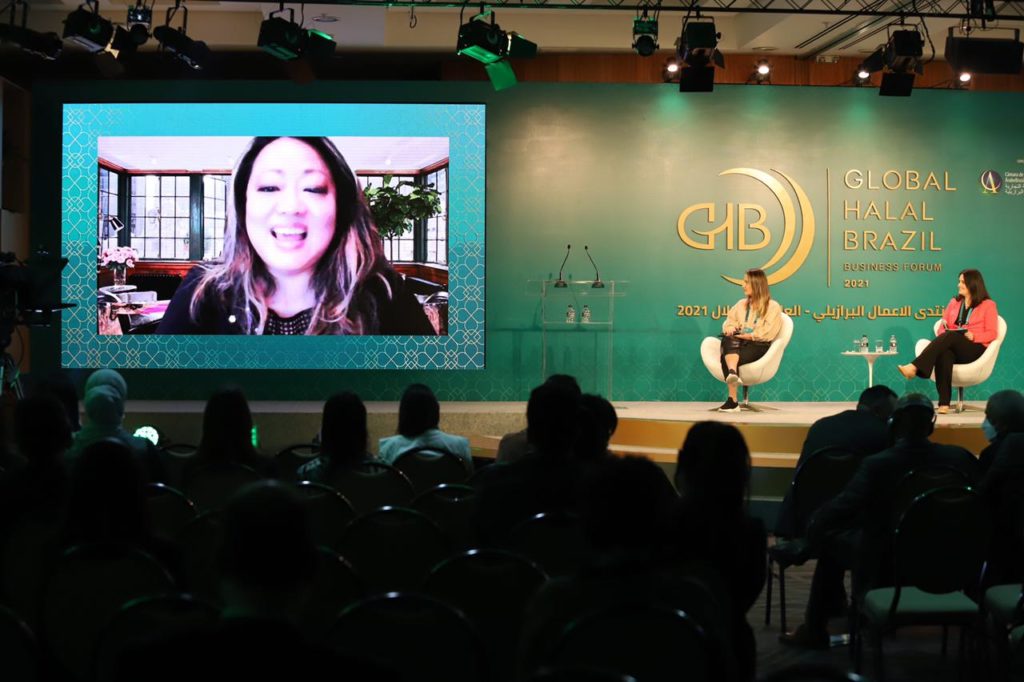São Paulo – Halal fashion goes beyond aesthetic aspects, pointed out specialists during the panel “Halal and new market niches (tourism and fashion)” this Wednesday (8), the last day of the Global Halal Brazil (GHB) Business Forum. “The new generation demands ethical products,” said Datin Lorela Chia Yu-Chi, co-founder and CEO of ModeStylo International.
The executive, who participated in the event through a videoconference, is also Director of Strategic Planning for the 2021 edition of the Malaysia International Halal Showcase (MIHAS) and a board member of the Halal Consumer Goods Malaysian Standards Working Group of Standards Malaysia.
Yu-Chi pointed out the market is expected to grow with a predominantly young Muslim population. “We understand the importance of listening to this generation, what halal products and fashion mean to them. We made a panel with young influencers, and they believe fashion is not just about covering the body. It is also the process, how employees make the product, how they are treated, and the supply chain. Fair trade is halal, transparency; consumers want to understand what they are buying,” she said.
For the specialist, ethical principles should expand halal fashion beyond the Muslim market. “Many Islamic values, fair trade, encouragement of cooperative work, echo the moral and ethical values of people all over the world,” she concluded.
Based in the United Arab Emirates, Vincenzo Visciglia, creative director of the Lebanese-Brazilian brand AAVVA FASHION, agrees the concepts of clothing and accessories considered halal go beyond the visual. “Many people outside the Arab world think their lives are very different from ours. But when I started working with fashion, I had the opportunity to stay true to my DNA. I work with high fashion, I work with what comes from abroad, but I adapt to the market. You do not need to cover your whole body; that is not what halal fashion is about,” declared the director.
The stylist believes it is necessary to normalize the way of living and dressing in different cultures. “When I make collections, I have one for the West, which shows more skin, and another for people who cover themselves more, who want to follow the trend, but keep the tradition,” concluded he, who works in the luxury market.
The Global Halal Brazil Business Forum occurred from Monday (6) to Wednesday (8) in a hybrid format, promoted by the Arab Brazilian Chamber of Commerce (ABCC) and FAMBRAS Halal, with the sponsorship of the Brazilian Trade and Investment Promotion Agency (Apex-Brasil), BRF, Pantanal Trading, Portonave, and Iceport. The on-site part of the event was restricted to a select group of guests at the Renaissance hotel in São Paulo.
Follow the complete forum coverage:
Read more on the third day of the GHB:
- Brazil’s Piccadilly to open two stores in Qatar in 2022
- Southeast Asia requires Islamic funding in halal
- The convergence between ESG and halal practices
- Halal entertainment is still untapped market
- Global Halal Brazil Forum attracted 3,000 participants
Translated by Elúsio Brasileiro




